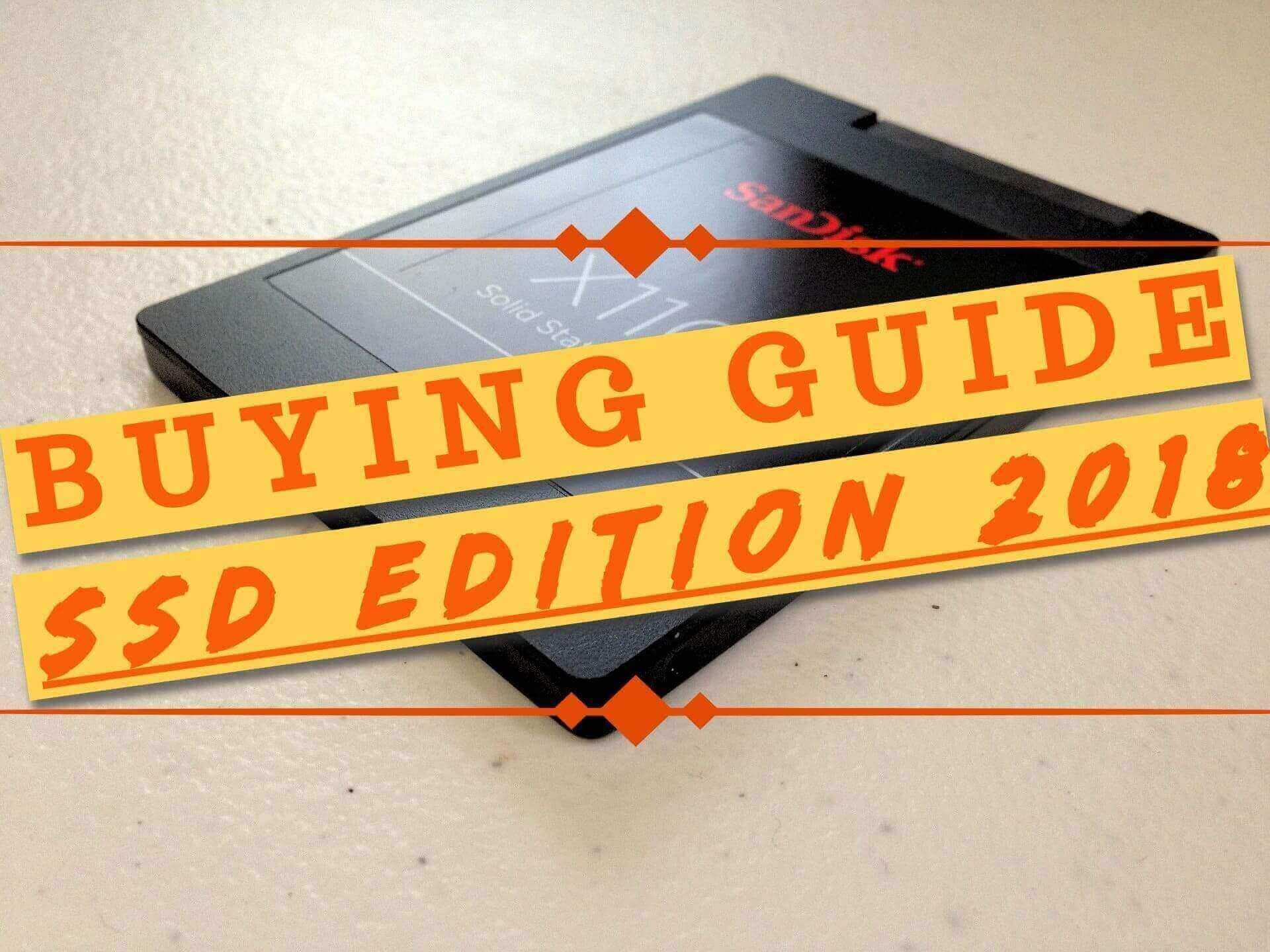Buying Guide - SSD Edition
Easiest consumer guide describing factors to consider before buying an SSD which could give you best bang for the buck. This guide can help you choose best SSD without getting all technical about it.

Buying Guide - SSD Edition
In this article, I'll be answering the age old question which almost everyone asks or searches or has searched for online and haven't quite understood it because it was too technical to even begin with i.e
WHAT'S THE BEST SSD TO BUY/CONSIDER?
The word "Best" could have different meaning for different people. For some it could be the life of the SSD(endurance) for others it could be price or performance.
For me best means a perfect balance of endurance, performance with reasonable price (as per my budget, ofcourse ;D). This is my take on making it as understandable as I could for you while not dumbing it down to dirt and still educating in concise manner. I'll be taking Samsung 860 Pro as example as they have one of the best concise specification sheet for the product they are selling.
Here is how and what to look for before buying a SSD
- TBW (TERABYTES WRITTEN) : It is the amount of data that can be written to the SSD before it starts to show signs of wear and tear(getting slowed or flawed altogether). This is most layman description I could come up with. SSD won't just stop working after the TBW value. It only means that SSD would just start to throw errors or there would be hiccups here and there in performance of the SSD. Higher the TBW or Reliability Hours or warranty higher the life of the SSD though real life scenarios may vary depending on the maintenance, environment, surroundings and usage of the product. It is also known as Endurance in some specification sheet of some brands. TBW on the specifications sheet would look something like this;
Higher is Better
- IOPS Speed (4K Read/Write Speed) : This is the actual speed which should be considered and is usually neglected or overlooked. It is important to consider this speed in spec sheet to see how well a SSD would perform in close to real life read and write scenarios where large chunks of random data is read or written. IOPS Speed would look something like this in specification sheet of a product;
Higher is Better
-
Price : The most important factor which doesn't need much explaining. Compare prices of the products shortlisted by you based on the factors stated above on every E-commerce site which are known to you. Also consider calling or asking for the best price of the product you shortlisted from their respective physical authorized stores. You could get the list of the authorized stores from brand's website or customer care. I stated authorized so you could claim warranty when needed.
-
Random Advice : Here I'll be stating random suggestions which you should follow to get better for lesser. Look for benchmarks, test scenarios, forums and unpaid Youtube reviews, amazon reviews and also Google complaints regarding the product before buying to get more clearer perspective of the product. Though some of the info won't be available in case of new releases but who knows.
There are other factors too which should be considered like the architecture (MLC, Etc), Temperature, connector(pcie or sata) and various others that are too technical and doesn't really affect in consumer environment that much. Just remember to choose higher when it comes to IOPS Speed & TBW (also known as reliability/warranty years/hours/endurance) and compare it with the prices and choose accordingly. As long as you shop from authorized sellers of top of the line brands like Samsung, WD, Sandisk etc (They are pioneers in consumer storage space) you should be fine.
